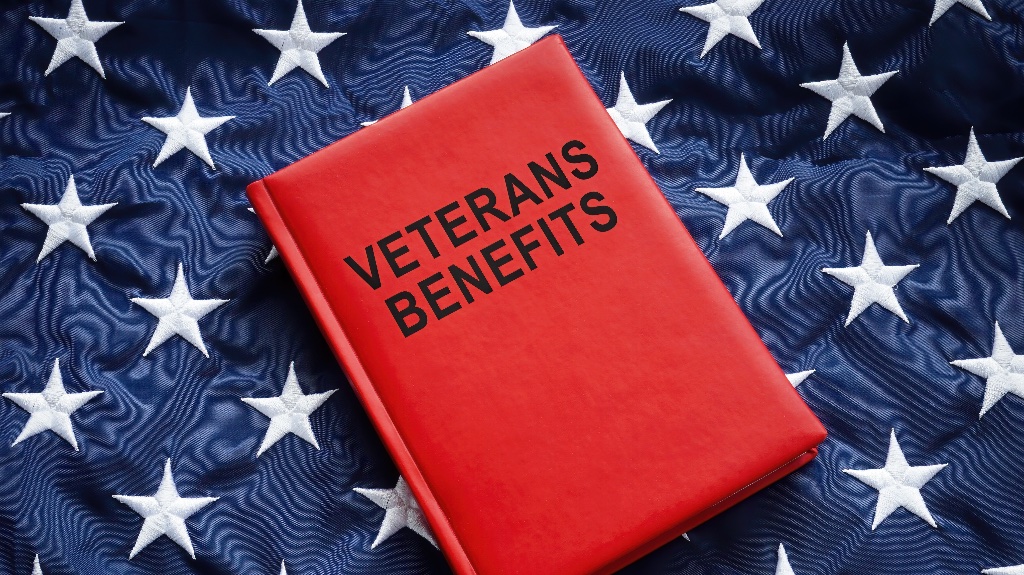
When a veteran gets approved for VA disability compensation, they are assigned a rating. This rating is expressed as a percentage, with 100% being completely disabled. These percentages are designed to ensure veterans receive fair compensation for their disability. In some cases, veterans may have their disability rating re-evaluated after a certain period of time. However, there are rules set in place to protect the veteran’s rating from being reduced, including the 5 year rule. In this blog, we’ll explain what the 5 year rule is, how it impacts your VA disability benefits, and what steps to take if your rating is under review.
What Is the 5 Year Rule for VA Disability?
The 5 year rule for VA disability is a protection put in place by the VA to make sure that veterans with stable disabilities don’t face any rating reductions. The rule states that if a veteran’s disability has remained stable/unchanged for five years or more, the VA is unable to reduce the rating unless there is evidence that shows any improvement. While the VA can still review a veteran’s condition rating, they need medical evidence that shows the condition has consistently improved and there is little chance of it worsening.
How the 5-Year Rule Protects Veterans
The 5 year rule provides essential protection for veterans with service-connected disabilities. It ensures that their disability rating remains the same unless evidence shows improvement, allowing them to keep the compensation they depend on.
Here are some other ways this rule benefits veterans:
- Prevents frequent and unnecessary re-evaluations
- Ensures that veterans with stable conditions are not unfairly reduced
- Gives veterans peace of mind about their benefits
Exceptions to the 5-Year Rule
While the 5 year rule is fairly strict, there are some instances where the VA can still suggest a rating change:
- Medical evidence of significant and sustained improvement: If the VA determines, through medical evidence, that a veteran’s condition has consistently improved and is unlikely to worsen again, they may suggest a lower rating.
- Conditions that naturally improve over time: Some service-connected disabilities, such as certain injuries or temporary mental health conditions, may improve with treatment, rehabilitation, or time. The VA may still review these cases even after the five-year mark.
- Temporary disability ratings – If a veteran was assigned a temporary 100% disability rating for a condition expected to improve, the rating can still be reduced once they have recovered. An example of this could be a veteran undergoing surgery and having to take time to recover.
What to Do If the VA Proposes a Rating Reduction
If the VA reaches out to a veteran, proposing to reduce their disability rating, there are a few steps the veteran can take to try and protect their benefits:
- Request a Re-Examination or Provide New Medical Evidence: A new medical evaluation can show that their condition has not improved to the VA, as well as supporting documentation they may have missed when deciding to reduce their rating.
- Submit a Notice of Disagreement (NOD): If the VA is still sticking with its decision to lower the veteran’s rating, the veteran can appeal the decision by filing a Notice of Disagreement. This starts the formal process to challenge the VA’s decision.
- Consult a VA Disability Attorney: Attorneys specializing in VA benefits have experience with situations like this. They can help analyze the veteran’s case and increase their chances of maintaining your current rating and benefits.
Protect Your VA Benefits
It is important for veterans to be aware of the 5 year rule so they can protect themselves from any unfair reductions to their disability rating from the VA. This rule ensures that stable conditions are not frequently re-evaluated, allowing veterans to feel in control and maintain financial stability. If you’ve received notice from the VA of a potential rating reduction, don’t wait to take action. Unruh Law is here to help you navigate the appeals process and fight for the benefits you’ve earned. Contact Unruh Law today for expert legal guidance and dedicated support in protecting your VA benefits.
